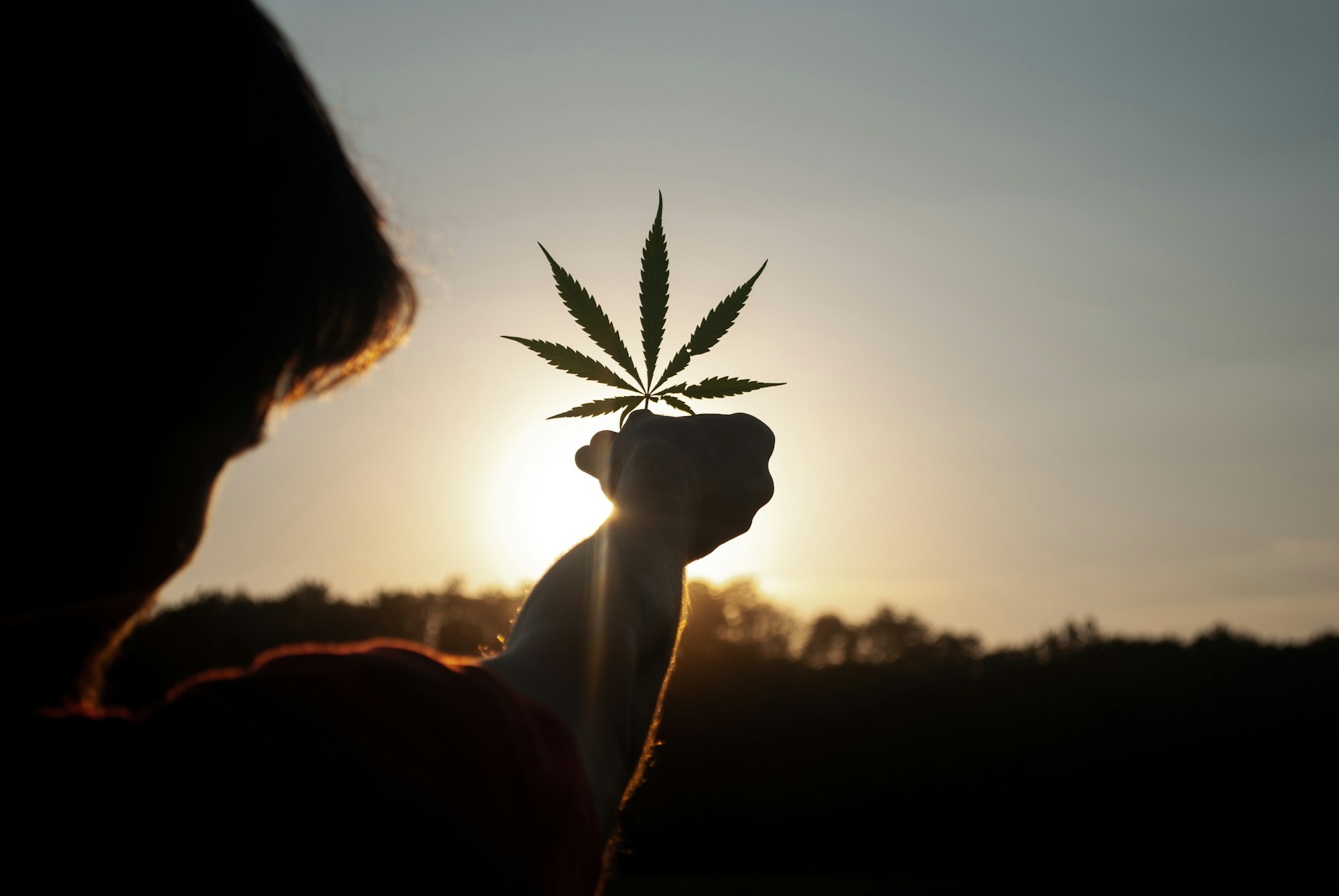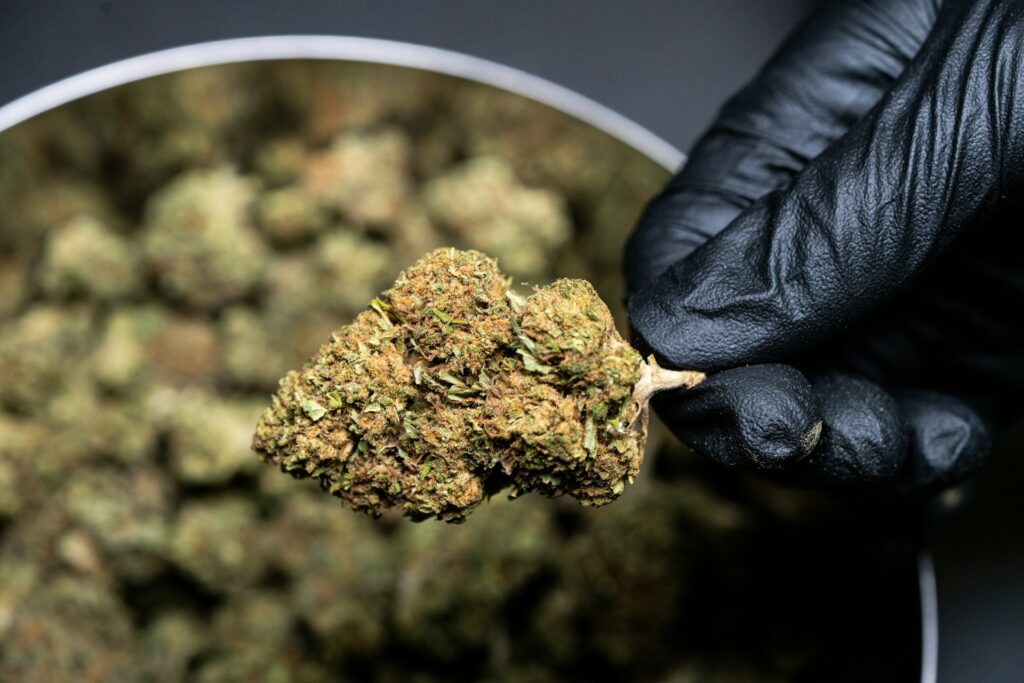Your cart is currently empty!

Cannabis is a topic that often comes with a lot of misinformation and myths. It’s natural for people to fear and resist change, or fear what they don’t understand. However, this often results in a closed mind – the exact opposite of what we’re all about here at Mind35. Marijuana is here to stay – and the positive health benefits of THC, CBD, and the broader societal uses cases for industrial hemp can’t be ignored.
Whether you’re a long-time user or new, it’s essential to separate fact from fiction. We now have studies and statistics to combat common negative claims made about the safety and impact of cannabis.
Here are the top five most persistent myths about weed, debunked:
Cannabis Myth #1: It’s a Gateway Drug
The notion that cannabis inevitably leads to the use of harder drugs has been debunked by numerous studies. While there may be an association between early marijuana use and the use of other substances, correlation does not imply causation.
Various factors, including social environment and personal predispositions, play a far more significant role. A study by the National Academies of Sciences, Engineering, and Medicine found no substantial evidence or direct link that its use leads to the abuse of harder substances.
Cannabis Myth #2: You Can Overdose
It’s impossible to fatally overdose on weed alone. In fact, the United States government’s drug pamphlet about marijuana explicitly notes that there have been no known cases of an individual overdosing on weed. That’s due to the fact that, unlike opioids or alcohol, it does not suppress vital bodily functions such as respiration. However, consuming very high doses can lead to uncomfortable and non-lethal side effects like anxiety, paranoia, and hallucinations. Responsible use is key to avoiding these negative experiences.

Cannabis Myth #3: It’s Highly Addictive
While its use can lead to dependency in some users, it is significantly less addictive than substances like nicotine, alcohol, or opioids. According to the National Institute on Drug Abuse, only about 9% of marijuana users may develop some form of dependence, which is lower compared to the addiction rates for other substances. Responsible use and understanding personal limits are essential to preventing dependency.
Cannabis Myth #4: Using It Causes Long-Term Memory Loss
Research indicates that while THC can affect short-term memory, there is scant evidence to suggest it causes permanent long-term memory loss. The impact on memory is mainly temporary and more pronounced in heavy, chronic users. For occasional users, the effects are generally minimal and reversible.

Cannabis Myth #5: Legalization Increases Crime
Multiple studies have shown that the legalization of cannabis does not lead to an increase in crime rates. In fact, in many areas where legalization has taken place, crime rates have either remained stable or decreased. This is partly because legalization reduces the burden on law enforcement and diminishes illegal market activities, redirecting resources to more severe crimes.
Conclusion
Debunking these myths helps foster a more informed and balanced understanding of cannabis. Whether for medicinal or recreational use, it’s important to rely on evidence-based information and responsible practices. By dispelling these common misconceptions, we can contribute to a more accurate, progressive, and productive conversation about marijuana and its role in society.
At Mind35, we strongly believe in the potential positive impact of cannabis for mental health and wellness, and its greater impact on society as a whole. Shop us today to join us in that mission and unlock your mind. If you’re already a customer, make sure you join our Mind Membership Club to take full advantage of all the perks we offer on the shopping you’re already doing.
